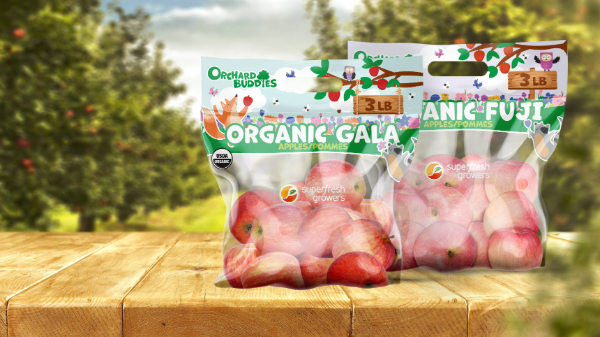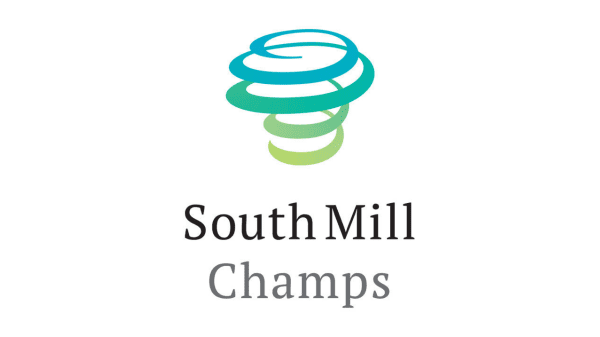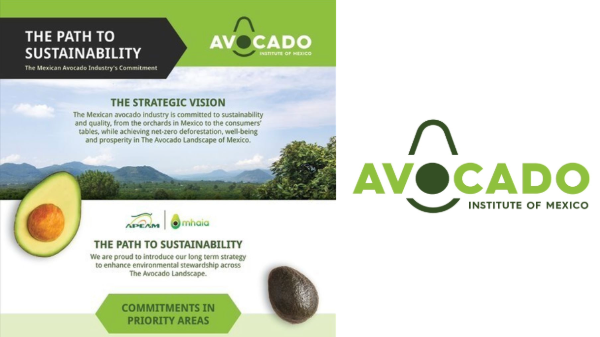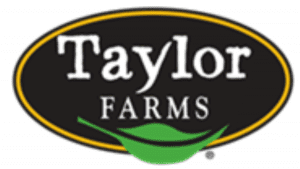Welcome to Blue Book!
Are you ready to join the thousands of companies who rely on Blue Book to drive smarter decisions? View our plans and get started today!
Still have questions? We’d love to show you what Blue Book can do for you. Drop us a line– we’ve been waiting for you.
The most challenging new obligation for food importers under the Food Safety Modernization Act (FSMA) will be the requirement to “perform risk-based foreign supplier verification activities.”
When FSMA’s Foreign Supplier Verification Program (FSVP) becomes effective, importers will be required to verify that imported food complies with requirements for either produce under the Produce Safety rule or processed food under the Preventive Controls rule, and is neither adulterated nor misbranded. The FSVP attempts to establish a uniform food safety standard by requiring importers to verify that foreign produced food complies with FSMA’s requirements for domestically produced food.
Implementing the Foreign Supplier Verification Program
The FSVP section of FSMA provides the U.S. Food and Drug Administration (FDA) with instructions for promulgating the FSVP regulations, particularly with respect to the assurances importers must be able to provide regarding the food they import, and the verification activities FDA may require.
As authorized by FSMA, the FDA was supposed to promulgate FSVP regulations within one year of FSMA’s enactment, but FDA has fallen far behind the statutory deadlines for implementing almost all of FSMA’s programs. Partly because of the complexity and interrelatedness of FSMA’s mandates, there have been substantial delays in the FDA’s issuance of final rules. The proposed FSVP rule was published on July 29, 2013, but the deadline for the final rule has now been extended until October 31, 2015 and compliance will likely not be required until April 2017 (eighteen months after the final rule).
While the statutory language of the FSVP is relatively clear, FDA must interpret many of the terms of the statute to create standards and requirements. There is some flexibility in implementing FSVP’s statutory requirements, but these requirements will certainly and substantially change relationships between food importers and foreign food suppliers. Regardless of the specific requirements of the final rule, which FDA has already proposed changing, importers will bear higher regulatory risks and incur significant expenses.
Exemptions and Modifications
The proposed FSVP rule has provisions exempting certain foods, including foods that are already subject to FDA hazard analysis and critical control point (HACCP) programs such as juice and seafood products, qualifying alcohol products, and foods that do not present risks because they are for personal consumption, research, transshipment, or export.
It also proposes modifying requirements for foods imported by very small importers or from very small suppliers (with annual food sales of no more than $500,000), as well as food from countries with food safety systems that have been “officially recognized” by the FDA as comparable or “equivalent” to the United States. There is also a proposed exemption for dietary supplements. Food imports that fall within these exemptions are not subject to FSVP requirements, while different activities apply to foods subject to the modified requirements.
Importers should carefully determine whether the foods they import are exempt from the proposed FSVP or if they are eligible for the proposed modified requirements.








